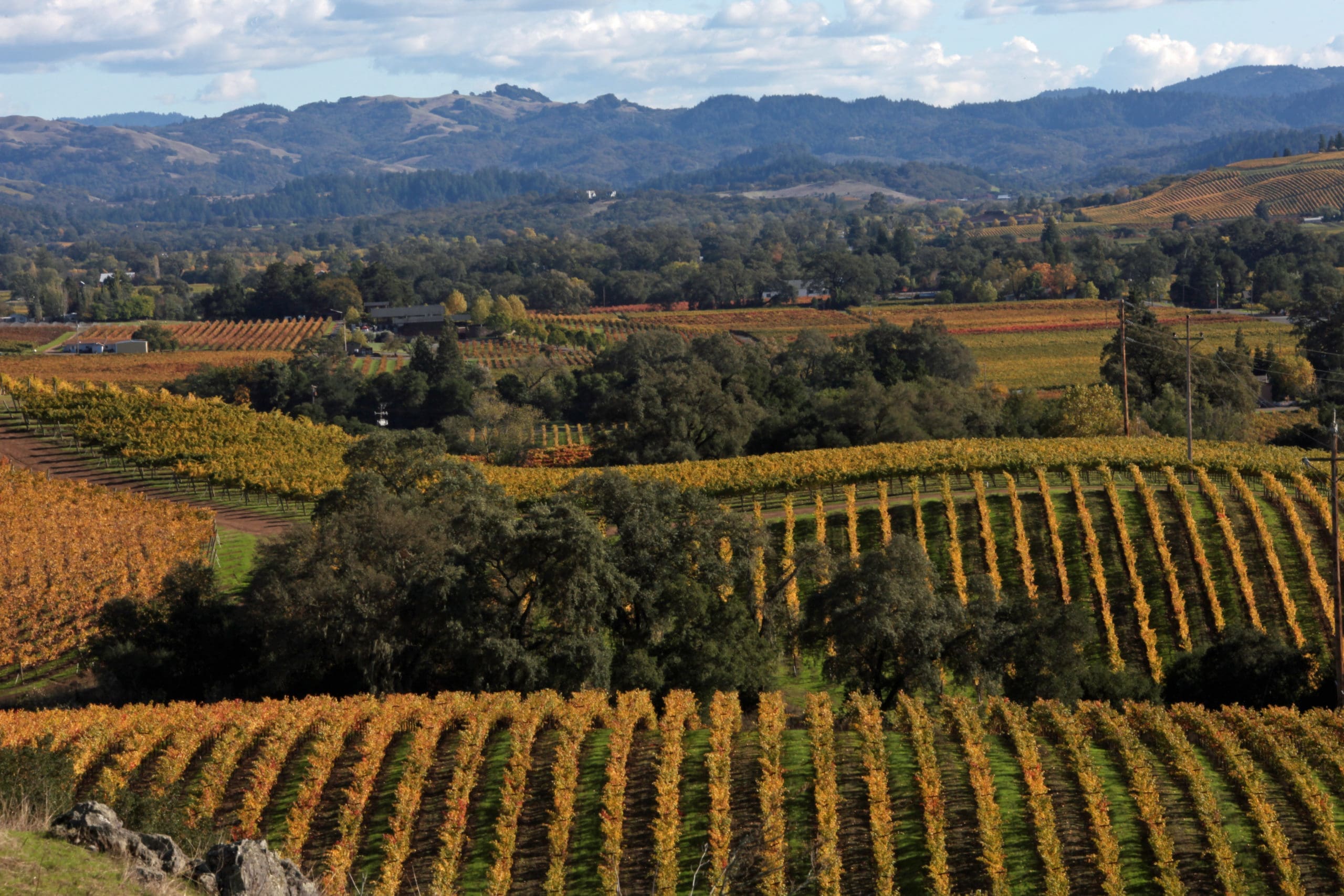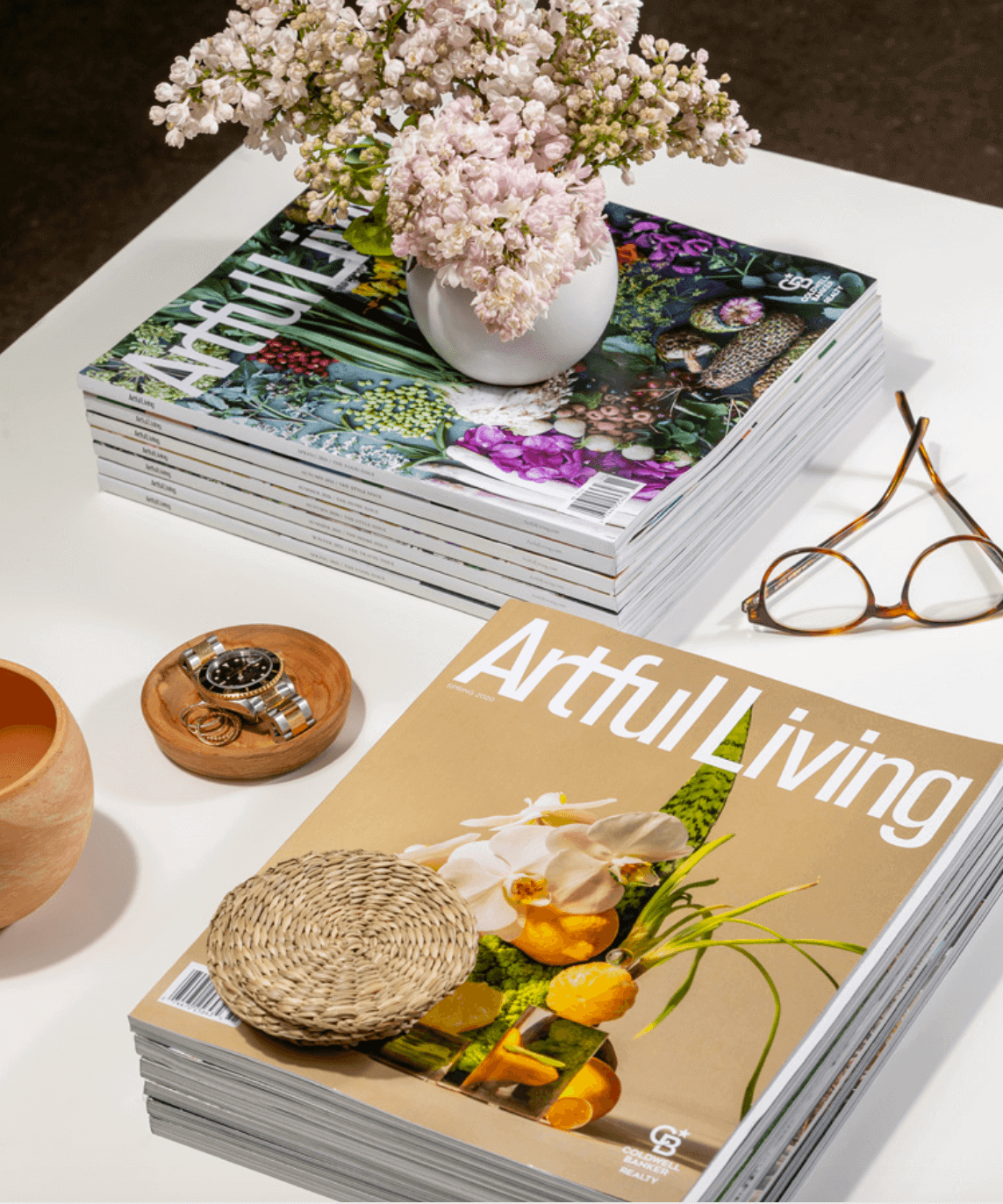Maggie Kruse may still get carded regularly, but her easy smile and youthful glow bely her years of winemaking experience. The 36-year-old is the new head winemaker at Jordan Winery and a seasoned veteran, with 14 harvests under her belt.
A Midwestern girl through and through, Kruse was born and raised in Milwaukee and fondly remembers swimming, tubing and water skiing on Shawano Lake in the summertime. Her father, who worked in canning and production management at Miller Brewing Company, thought the world of the fermentation science program at the University of California, Davis, and the sharp young interns the brewer would hire from the institution. But he knew his daughter well enough to know she’d prefer wine to beer.
On her father’s advice, Kruse moved to Napa Valley after high school, studied fermentation science at UC Davis and joined the Jordan team in 2006 as an enologist. Her mentor there? Rob Davis, the company’s winemaker since its founding in 1976; he trained with the legendary André Tchelistcheff, who defined the California style of cabernet sauvignon. With a strong lab background, Kruse was an immediate asset to the small team and her role evolved organically — although she never imagined she’d be taking over as winemaker one day.
Jordan produces just two wines: Russian River Valley chardonnay and Alexander Valley cabernet sauvignon. This focus is rare in an era when many wineries offer a vast array of varietals. Kruse looks forward to continuing Jordan’s tradition of excellence as head winemaker.
What sets Jordan apart from other great Sonoma wineries?
We really do make wines as if we’re a small boutique winery. We keep all the wines separate to optimize our fruit and its potential; we’ll never do a reserve blend available to consumers. John [Jordan, the winery’s CEO] says that our cabernet is our reserve blend; it’s our best foot forward. If a wine doesn’t elevate our blend, we sell it off as bulk wine. And if we’re on the fence, we’ll age it in barrel separately and re-evaluate 12 months later.
As assistant winemaker, you were responsible for all aspects of barrels and bottling as well as day-to-day cellar management. What changes now that you’re head winemaker?
Hopefully not much. Nothing will change stylistically with our wines. Rob created a team environment, and we’ve always had conversations if we ever differed in opinion. I don’t think it’s going to be that different, except maybe I’ll lose a little more sleep during harvest because it’s all on me now. I’m excited though.
We don’t make any rash decisions around here. We might try some new enzymes to see how we can extract the best fruit and the best quality juice from grapes, but not on a large scale yet. And maybe we’ll try some different yeast types for fermentation. There are new ways to lower the pH in wine without adding malic acid or tartaric acid, so we’re looking at playing with that, too.
Have you ever felt like you’ve been treated differently as a winemaker because you’re a woman?
At Davis, there were more women than men in my graduating class. MaryAnn Graf [the first female UC Davis fermentation science program graduate] and Cathy Corison [the acclaimed winemaker behind some of Napa’s most elegant cabernets] paved the way for us. The only challenge as a female winemaker was when I was doing cellar work; I had to prove that I was strong and reliable, and could lug buckets around like the guys. I didn’t want anyone to think I wasn’t pulling my weight. But that’s more pressure I put on myself. Fortunately, I’m quite tall and strong.
Jordan is known for its hospitality program, with incredible tastings and members-only parties. Do you have a favorite event?
Our Halloween party is probably my favorite event. Half the time you don’t recognize anyone because we’re all wearing wigs and tons of makeup. Typically we get about 400 people, and it’s people we’ve met on the road. At that time of year, we’re usually crushing grapes and finishing up in the cellar. It’s a fun time to let loose. We definitely have too much fun.
Do guests get a chance to meet you if they visit the winery?
I’m always happy to meet guests, and ironically, harvest — the busiest time of year — is the best time to meet me. I’m always outside at the crush pit seeing fruit, smelling and tasting. We pull a cluster out of the hopper so guests can get a taste and see how we get the tannins from the skins and seeds. I try to make more of a connection between the fruit and the wine for people.
What are some of your favorite pairings?
Our wines are made to be enjoyed with food. Both our chardonnay and our cabernet have such bright acidity and low alcohol, so they really pair well with a wide array of foods. I love our chardonnay with seafood, something as simple as fresh oysters. At the same time, it has enough oak to hold up to heartier foods, like duck, chicken and pork roast. Our cabernet is also very versatile and will hold up to heavier beef roasts, but I really love it with mushrooms.
What do you miss most about the Midwest?
I am very proud of my Midwest upbringing, although I don’t miss the long winters. I really miss the lakes and boating. Of course, being a Milwaukee girl, I think Summerfest is always a great time, with such an impressive concert lineup right next to Lake Michigan. I really love the energy Midwesterners have in the summertime. The winters are long, so when they finally get some nice weather, they really know how to get out and enjoy it.




